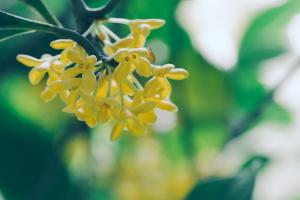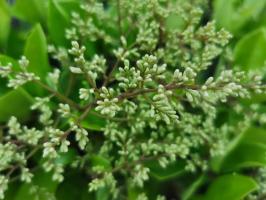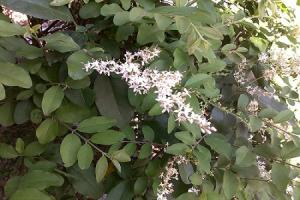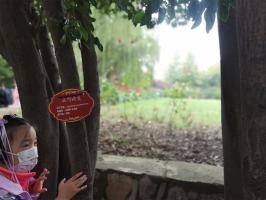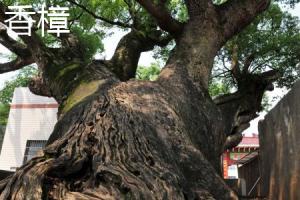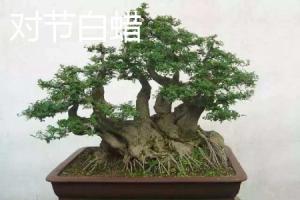Red backed Cinnamomum grafting rootstock
The rootstock generally uses Ligustrum lucidum, Ligustrum lucidum, small wax, water wax, white wax and tassels. If it is a large number of reproduction, Ligustrum lucidum is mostly used, and its survival rate is relatively high. Moreover, after grafting, the seedlings grow quickly, but their service life is short. Using wax as rootstock grows slowly, but it has a long life. Using tassel as rootstock, it is best to connect in the growing season of red backed cinnamon, rather than rainy days
Grafting time of red osmanthus
The most suitable grafting time of Cinnamomum cassia is before germination in spring
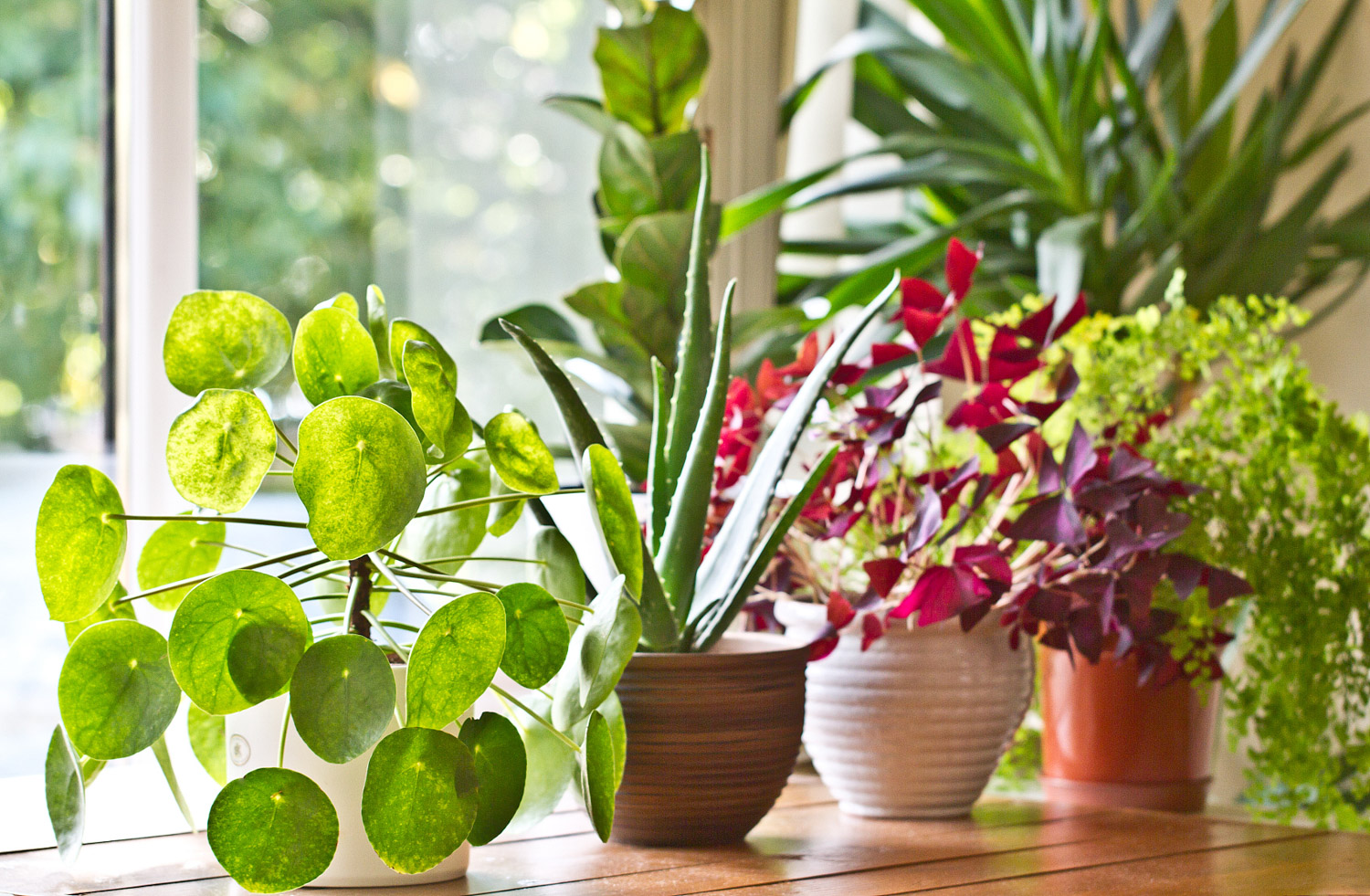
Grafting method of red backed osmanthus
Cut the rootstock from 5cm above the ground, select the strong branches of hongbeigui for 1-2 years, cut 10-12cm, cut the base into a cutting surface of about 2cm, and cut a small slope on the opposite side. Then cut it longitudinally at about one third of the side of the rootstock, with a depth of 2-3cm. Then you can insert the scion into the incision, bind it tightly with plastic bags, bury it in the soil and carry out culture management

Potted connection method of red back cinnamon
The potted red backed osmanthus is generally connected. When selecting rootstock and scion, the thickness of its branches should be the same. Select the appropriate part, cut a shuttle shaped incision with a length of about 32 cm on the scion, and the depth should reach the xylem. Similarly, the rootstock should also be treated in this way. The height and size of the incision should be the same as that of the scion. Then lean the two incisions together, bind them with plastic bags and tie them tightly. After the wound heals, cut off the rootstock and scion at the top and bottom of the interface

 how many times do yo...
how many times do yo... how many planted tre...
how many planted tre... how many pine trees ...
how many pine trees ... how many pecan trees...
how many pecan trees... how many plants comp...
how many plants comp... how many plants can ...
how many plants can ... how many plants and ...
how many plants and ... how many pepper plan...
how many pepper plan...
